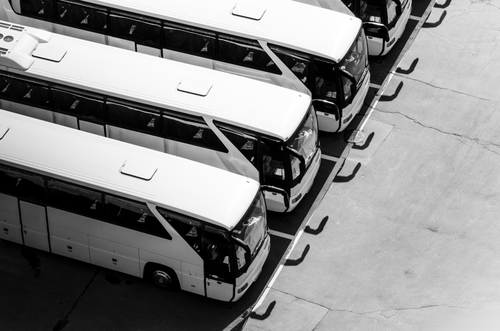
On Monday, the U.S. Department of Transportation’s Federal Transit Administration (FTA) awarded nearly $1.7 billion in infrastructure grants to 130 projects in 46 states for the purchase of American-built buses.
The grant funding, part of the Bipartisan Infrastructure Law, will help communities invest in more than 1,700 buses manufactured with American parts and labor, with nearly half of them being zero-emission models. Many of the grant recipients have pledged to buy standardized buses and vans in order to avoid customization, ensuring faster delivery and lower costs.
“Every day, over 60,000 buses in communities of all sizes take millions of Americans to work, school, and everywhere else they need to go,” U.S. Transportation Secretary Pete Buttigieg, said. “Today’s announcement means more clean buses, less pollution, more jobs in manufacturing and maintenance, and better commutes for families across the country.”
The grants bring to total invested in transit buses and bus transit infrastructure to $3.3 billion over the past two years. Over the next three years, the FTA is project to invest almost $5 billion more, officials said.
“Today, we are creating new opportunities to dramatically improve the lives of millions of Americans who ride on buses every day,” FTA Administrator Nuria Fernandez, said. “Thanks to the President’s Bipartisan Infrastructure Law, these grants will help deliver a cleaner and more modern mode of transportation, designed to reach everyone, and to work for everyone, particularly in places that haven’t received enough resources in the past.”
Awards included $104 million awarded to the Washington Metropolitan Area Transit Authority to convert its Lorton, Virginia bus garage to a fully electric facility, as well as buy an estimated 100 battery-electric buses; $33.5 million for King County Metro Transit in Seattle, Washington for approximately 30 electric buses and charging equipment and $6 million for the Seneca Nation of Indians in Western New York to replace an outdated maintenance facility with a new building that will serve as an operations hub for the Seneca Nation Department of Transportation.